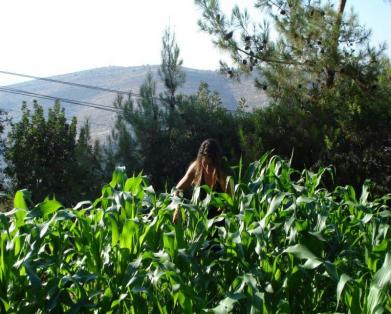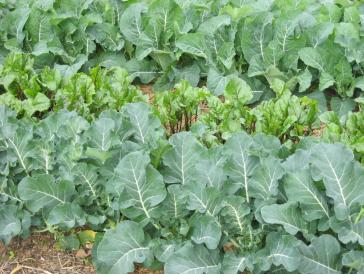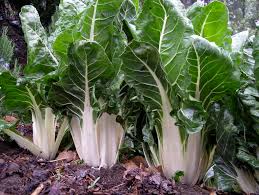Let’s talk about the weather! Happy Sukkot 🙂
Nowadays, as always, talking about the weather is the default subject.
When you don’t know what to talk about or there is nothing important or interesting to discuss, you can always say something about the weather. But let me assure you that in the past the weather was not an offhand subject at all: it was a major and critical issue in life. In our country, not only work and rest were determined by the weather, but also more significant issues such as survival, quality of life, hunger, wandering….
Sukkot is the harvest period of the summer fruits. Back then special emphasis was placed on grapes and figs that are true local crops. The grapes that are harvested during this period are known for their high sugar content and therefore the wine produced from them is considered sweet and excellent. Today some of the summer crops also grow in the winter in greenhouses, such as the Solanaceae family: tomatoes, eggplants, potatoes, peppers.
Summer harvests that are still in season are the corn, the beans and the extended gourd family. The cucumbers and zucchini, which are gourds that are picked unripe, continue to grow during the winter in greenhouses, but the "winter squash", the hard-shelled pumpkins with mature seeds, are ripe only in summer. Yes, yes, the pumpkin in our delicious winter pumpkin soup grew in the summer and the last ones are collected from the field during Sukkot – the harvest festival.
Why a sukkah? In order to finalize a project of an entire season, not to mention the preparation for the next season (Soon, we’ll talk about that separate chapter in the holiday, you must harvest and collect all of the organic crops that are finishing. As a result, there is a fair likelihood that you will have to be in the field for a whole week, without the time to go home In the evening. Accordingly, you should have a sukkah:-)
All this happens at a time that the days are getting shorter and the sun is less and less direct over us during the day. The nights are cooling and filled with dew. Sept 21 is the day of equinox in which the length of the day is equal to the length of the night. From here the days shorten and the nights grow longer and the harvest we just finished makes room for organic crops of winter. Of course it happens gradually, although you've probably noticed that last week's organic lettuces were really large and beautiful compared to the previous period.
The end of any project, including an agricultural season and the harvesting of the fruit of our labor, is certainly a reason to celebrate! But agriculture is also accompanied by concerns about the coming season … will there be enough rain? Will there be crop damage?
During Sukkot, there was a "water saving" ceremony of the Mei HaShiloach, which was carried out with joy, as a sign of expectation and prayer for the weather to be good for agriculture and also for us. When all the pilgrims had safely returned home, they would pray for the rains and recite the blessing: "The wind blows and the rain descends" until the beginning of Passover.
So may it be a good year with hopes for good rain at the appropriate times. Also that hopes and dreams will also come true for the whole human salad.
Lavrioot!
yours, Maggie and the Garden staff
We can expect in our organic vegetable baskets (draft only):
Sweet potatoes
Onions
Red potatoes
Pumpkin Adi
lettuce
Tomatoes
Cucumbers
parsley
Basil
Eggplants
In the large organic vegetable baskets, also:
green beans
Chard
Butternut squash
Ocra ?
Organic fruit baskets:
Pears in transition
Mangoes
In the large organic fruit baskets, also:
Bananas
Pomegranates











